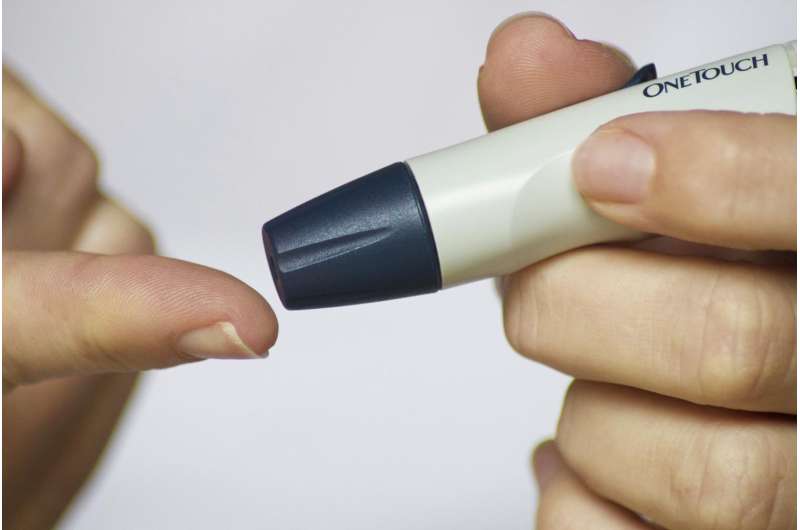Potential Risks of BPA Alternatives in Food Packaging on Ovarian Cell Functions

New research highlights potential risks of BPA substitute chemicals in food packaging disrupting ovarian cell functions, raising concerns over unregulated chemical use and consumer safety.
Recent research conducted by McGill University highlights concerns regarding chemicals used as replacements for bisphenol A (BPA) in food packaging. These substitutes, often found on labels claiming 'BPA-free,' may pose health risks by affecting human ovarian cells. The study examined common chemicals like bisphenol S (BPS), TGSA, D-8, and PF-201, which are present in various food packaging materials such as plastic wraps and labels on meat, fish, cheese, and produce. Laboratory tests on human ovarian cells revealed that exposure to these chemicals led to the accumulation of fat droplets within the cells and altered activity levels of genes crucial for cell growth and DNA repair. The disruption of these vital cellular functions suggests potential adverse effects, although further research is needed to confirm harm in humans.
The findings also shed light on the troubling reality that many BPA substitutes are not thoroughly regulated or tested before widespread use. Despite bans and restrictions on BPA due to its hormone-interfering properties linked to fertility issues and metabolic problems, many alternative chemicals are still unregulated. Experts warn that 'BPA-free' labels can be misleading, as they often substitute BPA with similarly harmful compounds—over 200 of which exist—making consumer choices more complex. Health authorities like Health Canada have recognized the need for further investigation into these chemicals.
In light of these findings, experts recommend consumers take precautionary measures such as removing labels and plastic wraps from fresh foods before storage. Choosing items from the top of store displays, where stacking pressure may force chemicals deeper into packaging and food, can also help reduce exposure. Overall, this research emphasizes the importance of stricter testing and regulation of chemical substitutes in food packaging to ensure consumer safety.
Stay Updated with Mia's Feed
Get the latest health & wellness insights delivered straight to your inbox.
Related Articles
Alarming Rise of Type 2 Diabetes Among Young New Zealanders Sparks Health Concerns
New Zealand faces a health crisis with a rising number of young people developing type 2 diabetes. This early-onset form of the disease is linked to obesity, social inequality, and lifestyle factors, challenging health systems and requiring urgent, coordinated action.
Enhancing Pediatric Specialty Care Access Through E-Consults
A groundbreaking study at UC Davis demonstrates that pediatric e-consults improve access to specialty care, reduce wait times, and enhance healthcare efficiency for children across the country.
Next-Generation Animal Vaccines as Precautionary Tools Before Disease Outbreaks
Discover how innovative mRNA animal vaccines are revolutionizing biosecurity, offering rapid and safe protection against zoonotic diseases like foot-and-mouth disease to safeguard livestock industries.



